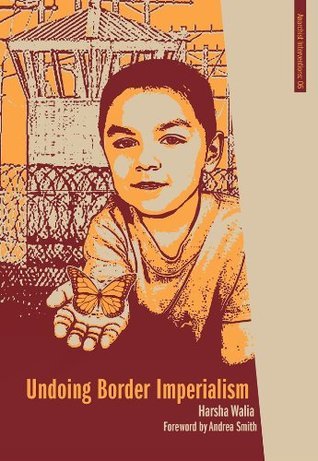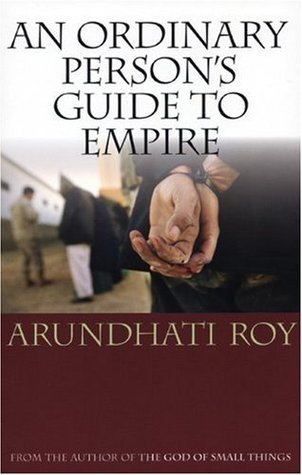
Undoing Border Imperialism
Book Description
Borders are not just lines—they're weapons of oppression that divide lives and dreams. In "Undoing Border Imperialism," Harsha Walia dismantles the concept of borders with fierce clarity, unveiling the dark realities of state violence and systemic racism. This powerful call to action exposes the human cost of imperialism and advocates for a world where freedom transcends artificial barriers. With each chapter, the urgency intensifies, illuminating stories of resilience and resistance. As the narrative unfolds, a question lingers: What if true liberation means tearing down the very walls that confine us?
Quick Book Summary
"Undoing Border Imperialism" by Harsha Walia challenges the very notion of borders, arguing that they are tools of control, segregation, and violence perpetrated by imperial and colonial states. Walia draws on real-life narratives and activist experience to reveal the devastating impacts of border regimes on migrants, refugees, and Indigenous communities. She critiques neoliberal policies and highlights how border enforcement perpetuates systemic racism and class inequality. Through powerful analysis and organizing frameworks, Walia connects migrant justice to broader struggles against colonialism, patriarchy, and capitalism. The book ultimately advocates for transformative solidarity rooted in anti-oppression, envisioning a world where self-determination and dignity are accessible to all, irrespective of origin.
Summary of Key Ideas
Table of Contents
Borders as Instruments of Imperialism and State Violence
Harsha Walia begins by dissecting the construction of borders as mechanisms of imperial control. She asserts that borders are not natural divisions but are deeply entwined with the historical development of nation-states rooted in colonial conquest and capitalist exploitation. Through this lens, the demarcation of borders is shown to be inseparable from practices of exclusion, surveillance, and violence. Walia challenges readers to reconsider the legitimacy of borders by illuminating how they are leveraged to enforce global hierarchies and undermine the autonomy of vulnerable communities.
The Intersections of Migration, Race, and Capitalism
Walia moves to analyze how border imperialism is perpetuated through intersecting systems of racism, sexism, and economic disenfranchisement. She highlights the lived realities of migrants who face not only physical barriers but also social, legal, and economic marginalization. Through firsthand accounts and case studies, the book explores how policies such as detention, deportation, and militarized enforcement perpetuate suffering, criminalize mobility, and disproportionately impact women, racialized peoples, and the working class. This intersectional analysis arises from and is informed by grassroots organizing.
Challenging Neoliberal and Colonial Border Regimes
A critical section of the book critiques the neoliberal and colonial agendas underlying contemporary border regimes. Walia demonstrates how immigration policies are shaped by corporate interests and state agendas that exploit migrant labor while denying rights and protections. These frameworks render people vulnerable and disposable, prioritizing profit and national security over human life. By foregrounding Indigenous sovereignty struggles, Walia exposes the hypocrisy of settler states enforcing borders on stolen land, making a compelling case for anti-colonial solidarity in the fight for migrant justice.
Solidarity and Movement Building for Migrant Justice
The book delves into movement strategies, offering a praxis of "no borders" activism rooted in transformative solidarity. Walia shares lessons from years of organizing with movements like No One Is Illegal, outlining principles that center self-determination, grassroots leadership, and the dismantling of all forms of hierarchy. She argues for direct action, mutual aid, and coalition-building that transcends single-issue advocacy, pushing for systemic change through collective power and resistance.
Visioning a World Beyond Borders
Closing with a radical vision, Walia suggests that true liberation can only come from dismantling the border as an institution. She urges readers to imagine and work toward a world where freedom of movement, universal dignity, and interconnected justice are realities, not aspirations. By amplifying stories of resistance and resilience, Walia emphasizes that undoing border imperialism is not only possible, but necessary—inviting all to participate in the perpetual struggle for a world without barriers.
Download This Summary
Get a free PDF of this summary instantly — no email required.





